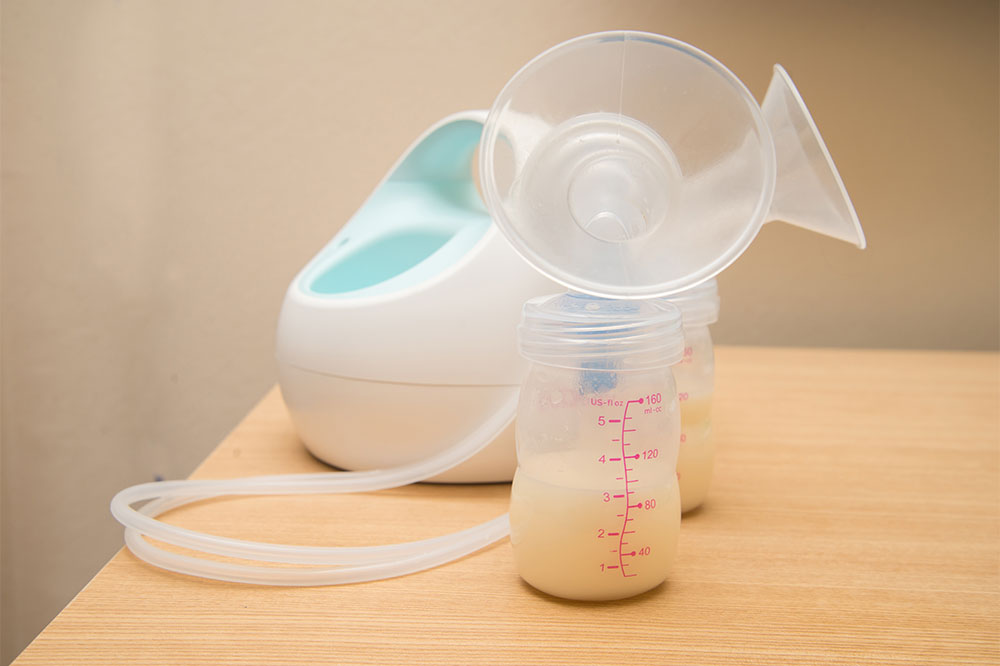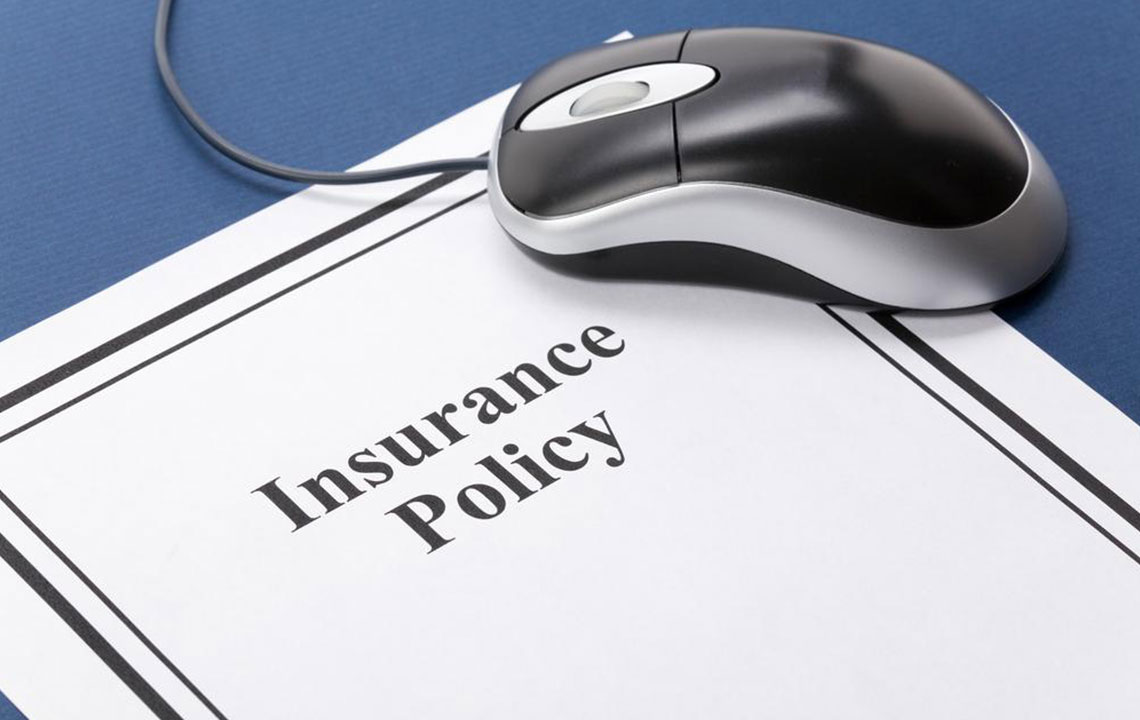FAQs about getting breast pumps through insurance
Pregnant and new mothers can have tons of queries about pregnancy, which is completely normal. And one of the most crucial items that new mothers need to have to get through a substantial time after giving birth is a breast pump. The types of breast pumps available out there are aplenty, but if one is covered by a medical insurance policy, finding out if the opted plan covers this device is is worth the effort.

Why are breast pumps significant?
Breast pumps come in very handy for new as well as pregnant mothers. Most people think that this device is only useful for working mothers, but the truth is that every mother who is nursing a new-born child needs one. Regularly using a breast pump helps build up the milk supply. The expelled milk enables a caregiver or partner to feed the baby, and emphasis is given on the partner being able to connect with the newborn and experience the joy of feeding their infant. These devices are considerably significant but are certainly not easy on the pocket. But the good news is that breast pumps are available through insurance, making new mothers who are covered entitled to acquiring them for free.
Types of breast pumps
Before discussing how breast pumps can be availed of through insurance, let’s explore the options new mothers have. Knowing the types of breast pumps available in the market will help mothers understand and research about which type would suit them best. The cost of every type is different as they differ on the basis of factors like function, portability, and comfort.
- Manual pump
These devices may be a low-tech option but many new mothers swear by this option for the extensive supply of milk thanks to its good suction and long pulls. These devices also are great when it comes to portable options. - Battery-operated pump
For mothers who are looking for breast pumps that can be on the go, this is the perfect option. Battery-operated pumps ideal are for those who don’t want to rely on electrical outlets. - Single-electric pump
This option only allows mothers to pump one breast at a time. However, if they prefer having the baby nurse and pump at the same time, this is a great option. - Double-electric pump
While this device helps pump both breasts at the same time, it also mimics the way a baby nurses. It is a premium high-tech product but mothers do complain about being attached to a machine. - Hospital-grade pump
A hospital grade pump is usually prescribed to mothers who are unable to produce sufficient milk or have babies with low weight or have difficulty in latching. In this case, the doctor or midwife would prescribe a hospital-grade pump and a diagnosis code that allows new mothers to be eligible for this device. That being said, one must note that this grade of pumps are pretty expensive, and most likely just the rental will be covered by the insurance company.
Getting breast pumps through insurance
Breast pumps are one of the essential items after child birth but are also slightly on the pricier side. And this is why most new mothers hesitate before taking the plunge and getting themselves one. Although, the types of breast pumps covered under insurance may differ from insurance companies as well as the insurance plan. The FAQs discussed below explore how new and pregnant mothers can get themselves a breast pump through insurance.
Are breast pumps truly covered under insurance?
After the bill for Affordable Care Act (ACA) was passed in 2010, insurance companies were compelled to cover the cost of breast pumps. These devices pass for being a primary component of preventative healthcare. However, to be sure if the insurance plan opted for covers breast pumps, one can always speak to a representative to understand the eligibility of claiming such devices.
When can one place an order for a breast pump?
The third trimester is the ideal time for getting a breast pump. Once the baby arrives, new parents wouldn’t want to go through a tedious process of getting a breast pump covered under insurance. In that case, most parents buy one without finding out if their insurance covers it.
Where can one order a breast pump covered under insurance?
All insurance companies have a roster of in-network providers, i.e., there’s a list of online and retail stores that work with providers. One can choose to order a breast pump online or visit a retail store to choose it personally.
Can one upgrade breast pumps covered under insurance?
Some insurance companies allow their customers to upgrade the breast pumps, but an additional cost needs toi be paid. The in-network provider will send a notification at the time of placing an order. Devices that are fully paid for will not have any price mentioned across the listing. And the breast pumps that have prices listed only include the portion one will additionally have to pay to upgrade.
Is a prescription required for ordering a breast pump?
Getting a prescription from a midwife or an obstetrician is advisable so that there is no need to rush to get it at the time of need. Additionally, the in-network durable medical equipment provider will need to verify certain details with the corresponding doctor.
Can insurance companies refuse to cover a breast pump?
If the insurance policy opted for covers the amendment from prior to the ACA, one may not be eligible for a breast pump. But if the policy complies with the provisions of the ACA and the insurance company refuses to cover the breast pump, one has the right to make an appeal.




